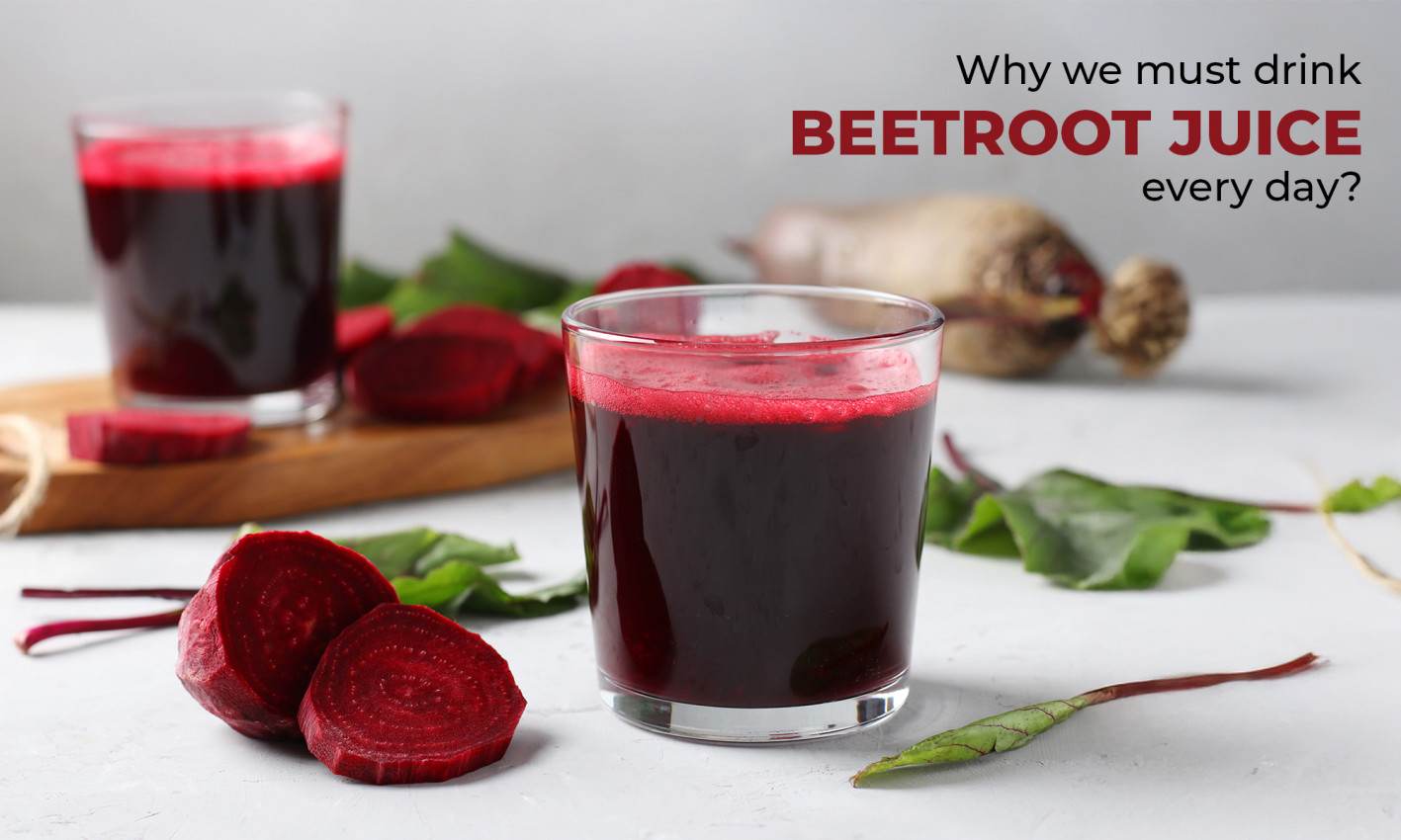Safety of Daily Beetroot Juice Consumption
Consuming beetroot juice daily has become a staple in many wellness routines due to its rich nutritional profile and health benefits. This article analyzes the question: Is it safe to drink beetroot juice daily? We will explore the science-backed benefits, potential risks, and best practices to guide individuals aiming to incorporate beetroot juice regularly into their diet in a safe and effective manner.

Nutritional and Health Benefits of Daily Beetroot Juice
Beetroot juice is rich in essential nutrients such as nitrates, vitamins (A, C, and folate), antioxidants, and minerals like potassium and iron. Daily consumption has been associated with:
-
Cardiovascular Health: Nitric oxide derived from beetroot nitrates helps dilate blood vessels, improving blood flow and potentially lowering blood pressure.
-
Endurance and Exercise Performance: Enhanced oxygen delivery boosts stamina and recovery in athletes.
-
Anti-Inflammatory and Antioxidant Effects: Betalains in beets combat oxidative stress and reduce inflammation.
-
Cognitive Support: Improved blood flow may aid brain function and reduce cognitive decline.
-
Digestive Health: Dietary fiber in beetroot supports gut motility and microbiome balance.
These benefits support the inclusion of beetroot juice as part of a daily health regimen.
Potential Risks and Drawbacks of Daily Beetroot Juice Intake
Despite its advantages, drinking beetroot juice daily poses certain risks that users should consider:
1. Beeturia: Harmless But Surprising Symptom
-
Manifestation: Pink or red pigmentation in urine or stool caused by betalain pigments.
-
Safety: Harmless but can cause confusion or concern. Not a sign of bleeding.
2. Excess Oxalate Intake and Kidney Stone Risk
-
Beetroot is high in oxalates, which can contribute to kidney stone formation, especially in susceptible individuals.
-
Limiting intake or opting for cooked beetroot can reduce oxalate exposure.
3. Blood Pressure Considerations
-
Nitrate-induced blood pressure lowering is beneficial but may cause hypotension symptoms (dizziness, fainting) in some.
-
Monitoring is advised for people with naturally low blood pressure or those on antihypertensives.
4. Digestive Side Effects
-
Irritation such as bloating, cramps, or diarrhea may occur when starting or consuming in excessive quantities.
-
Gradual intake and dilution can help mitigate these effects.
5. Allergic Reactions and Sensitivities
-
Rare allergic responses may include rash, itching, or respiratory symptoms.
-
Immediate cessation recommended if symptoms arise.
Recommended Daily Intake and Safety Guidelines
To maximize benefits while avoiding adverse effects, follow these consumption guidelines:
-
Moderate Quantity: Limit to 150–250 ml of pure beetroot juice daily, or as directed by nutrition experts.
-
Start Slow: Introduce beetroot juice gradually to monitor tolerance.
-
Dilute if Necessary: Mix with water or other juices to reduce potency and side effects.
-
Special Populations: Individuals with kidney stone history, low blood pressure, or on medication should consult healthcare providers.
-
Balanced Diet: Complement beetroot juice intake with a varied and nutrient-dense diet.
When to Avoid Drinking Beetroot Juice Daily
-
Kidney Stone Patients: High oxalate content could worsen conditions.
-
Low Blood Pressure Individuals: Risk for hypotensive episodes.
-
Medication Interactions: Those on blood pressure or blood-thinning drugs.
-
Allergies or Sensitivities: Any history of beet or beetroot allergy.
Frequently Asked Questions About Daily Beetroot Juice Safety
Can I drink beetroot juice every day for weight loss?
Yes, but it should be combined with a balanced diet and lifestyle for safe, effective results.
What is the recommended daily amount of beetroot juice?
Typically, 150–250 ml per day is safe for most individuals; individual needs may vary.
Are there long-term risks of daily beetroot juice consumption?
Long-term moderate intake is generally safe; excessive consumption may increase kidney stone risk and blood pressure issues.
Is cooking beetroot safer than drinking juice daily?
Cooking reduces oxalate levels, making it a safer alternative for sensitive individuals.
Safe Incorporation of Beetroot Juice into Daily Diets
Drinking beetroot juice daily is generally safe and offers multiple health benefits when consumed responsibly. Awareness of individual health conditions, moderation, and consulting healthcare providers for specific risks ensure the juice contributes positively to wellness. Our comprehensive guidelines empower you to embrace beetroot juice confidently as part of a balanced daily routine.
Prioritize gradual intake, moderation, and medical advice to harness beetroot juice’s full potential safely.